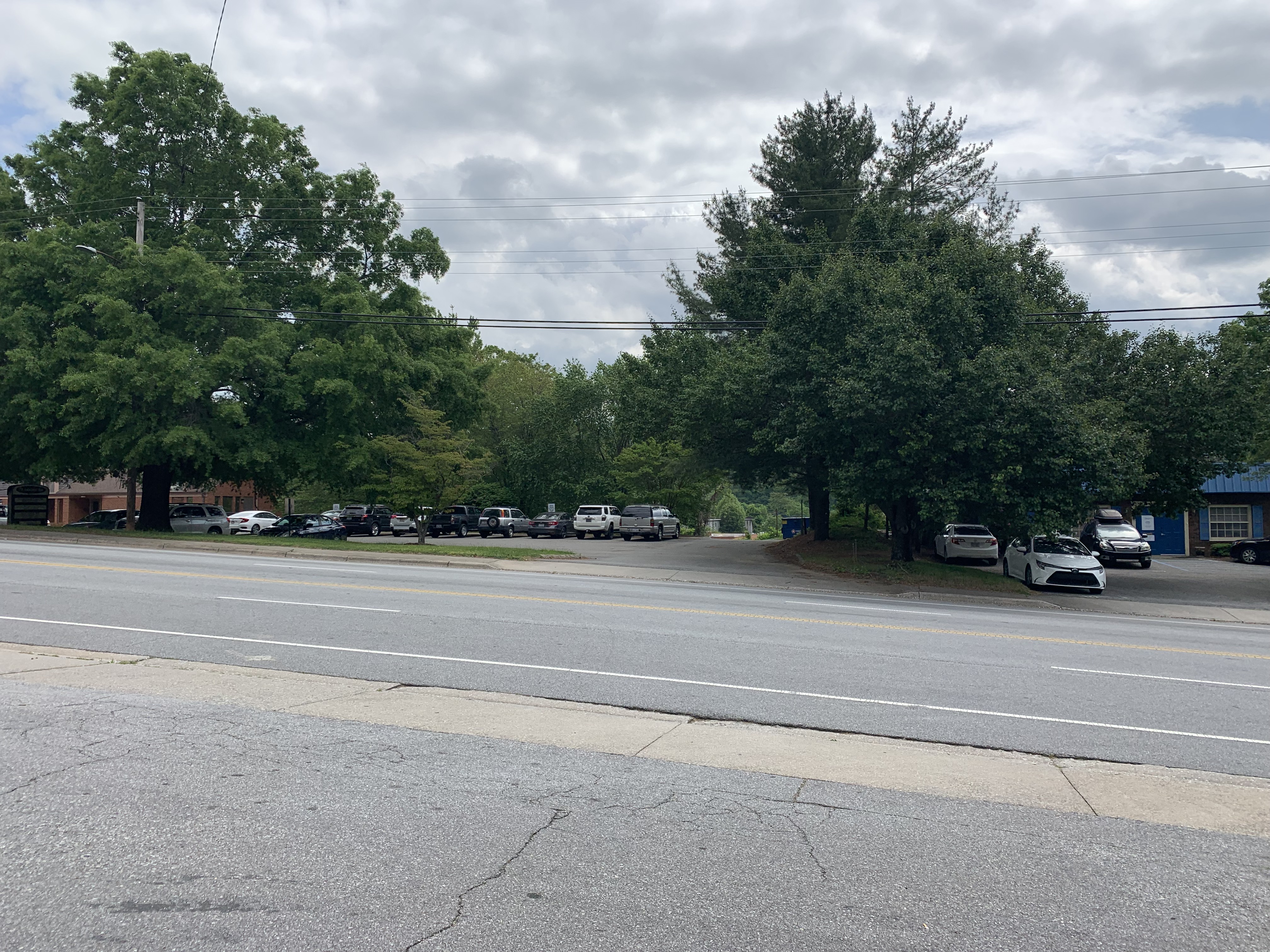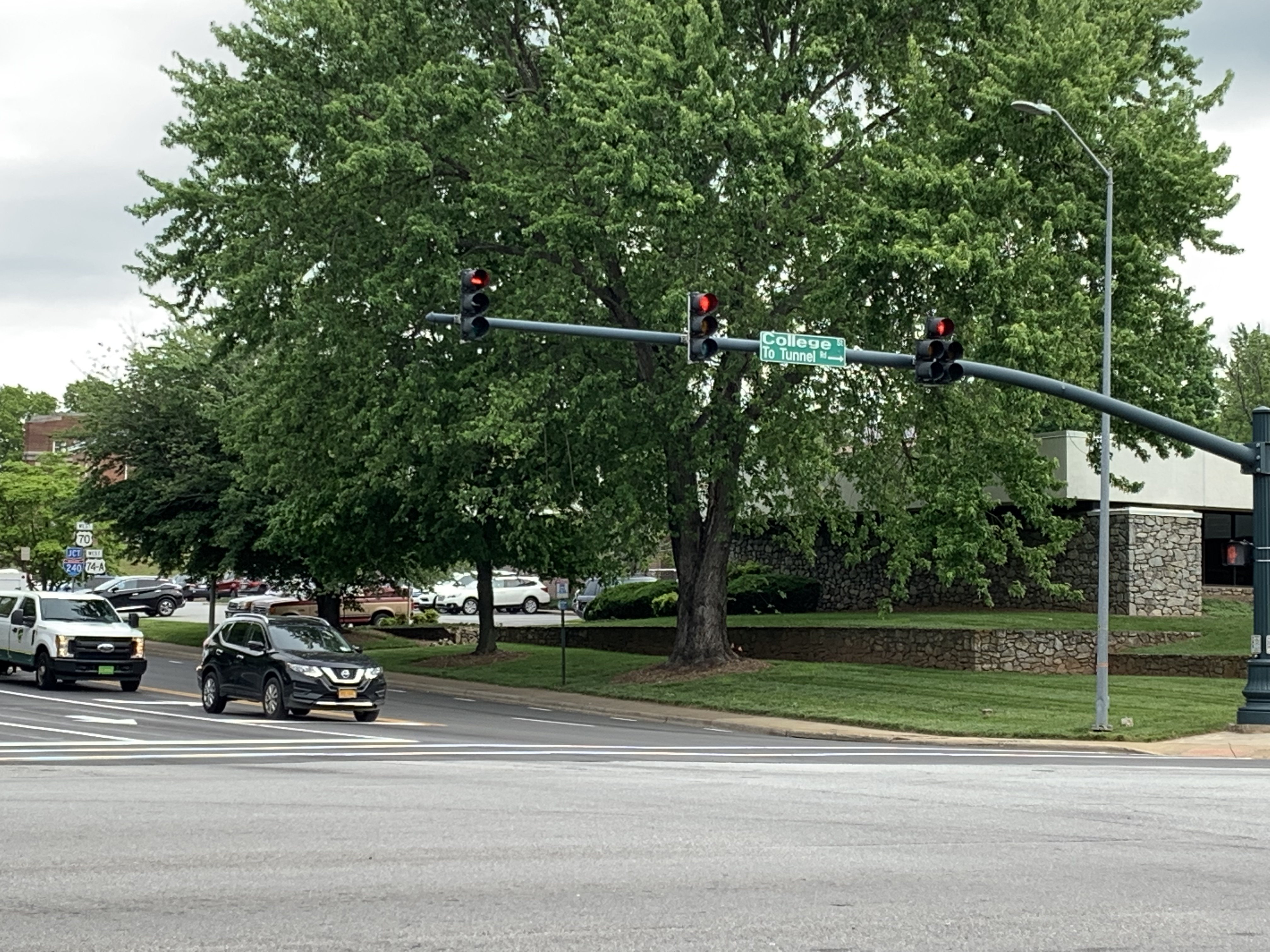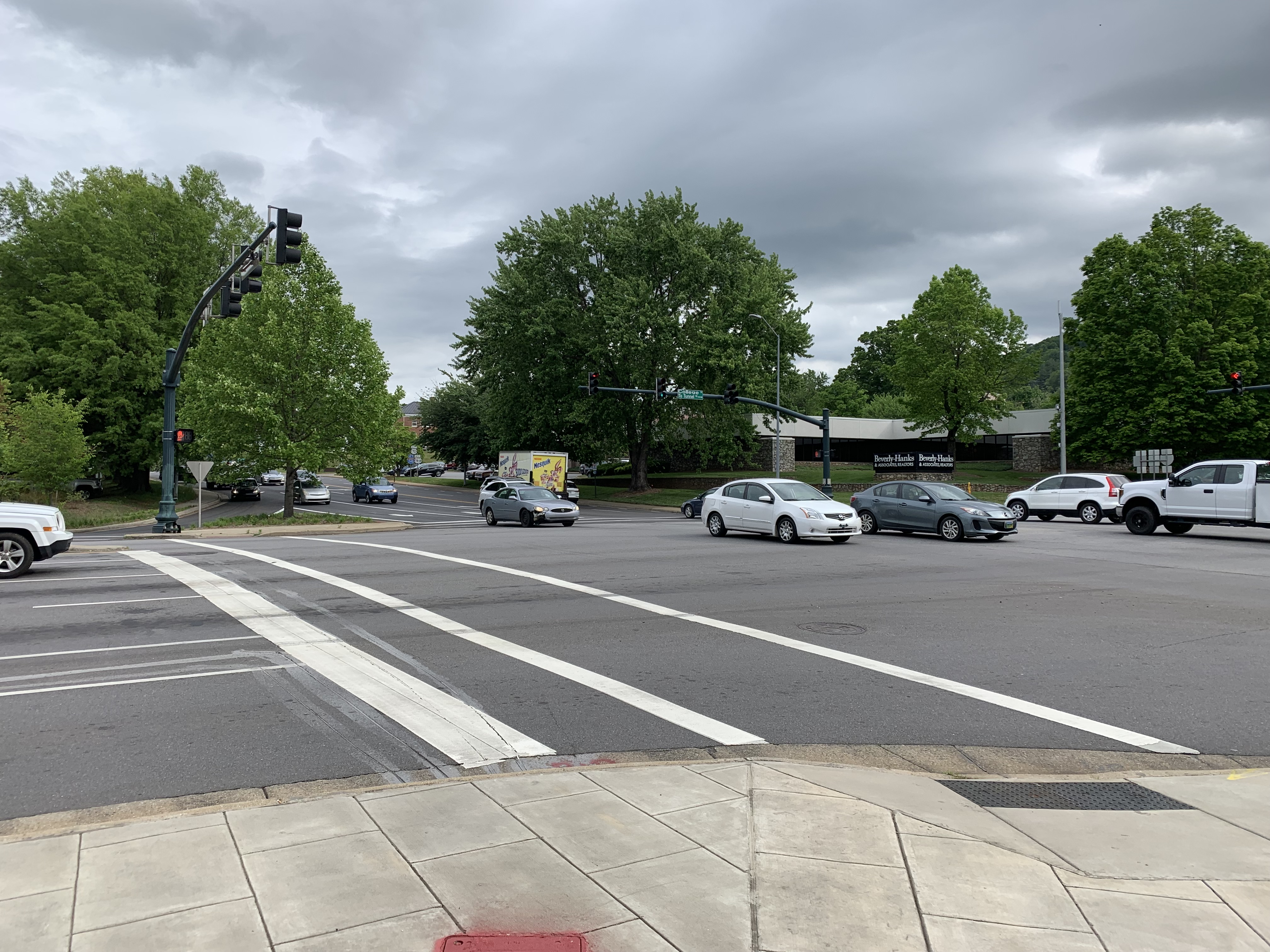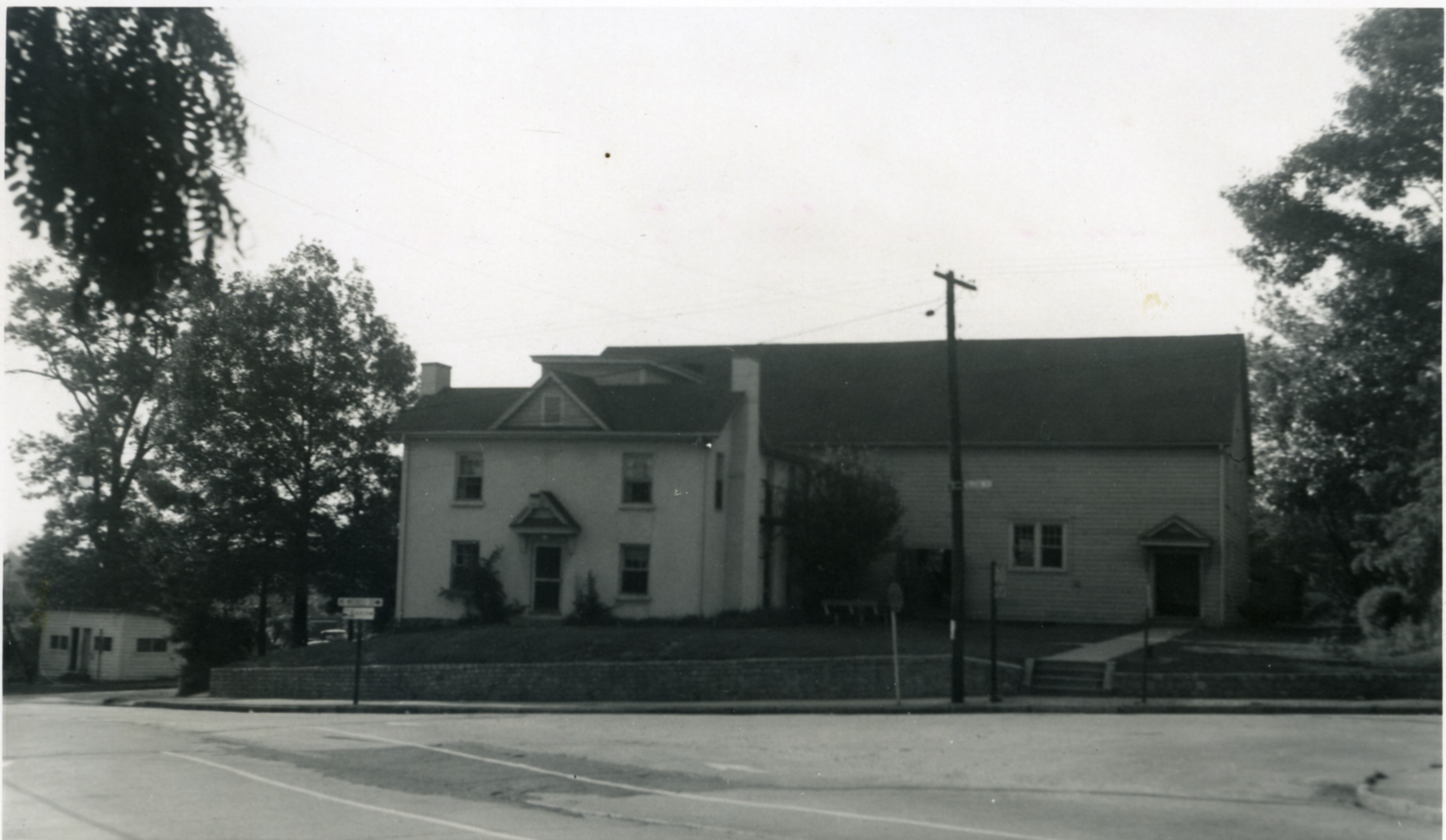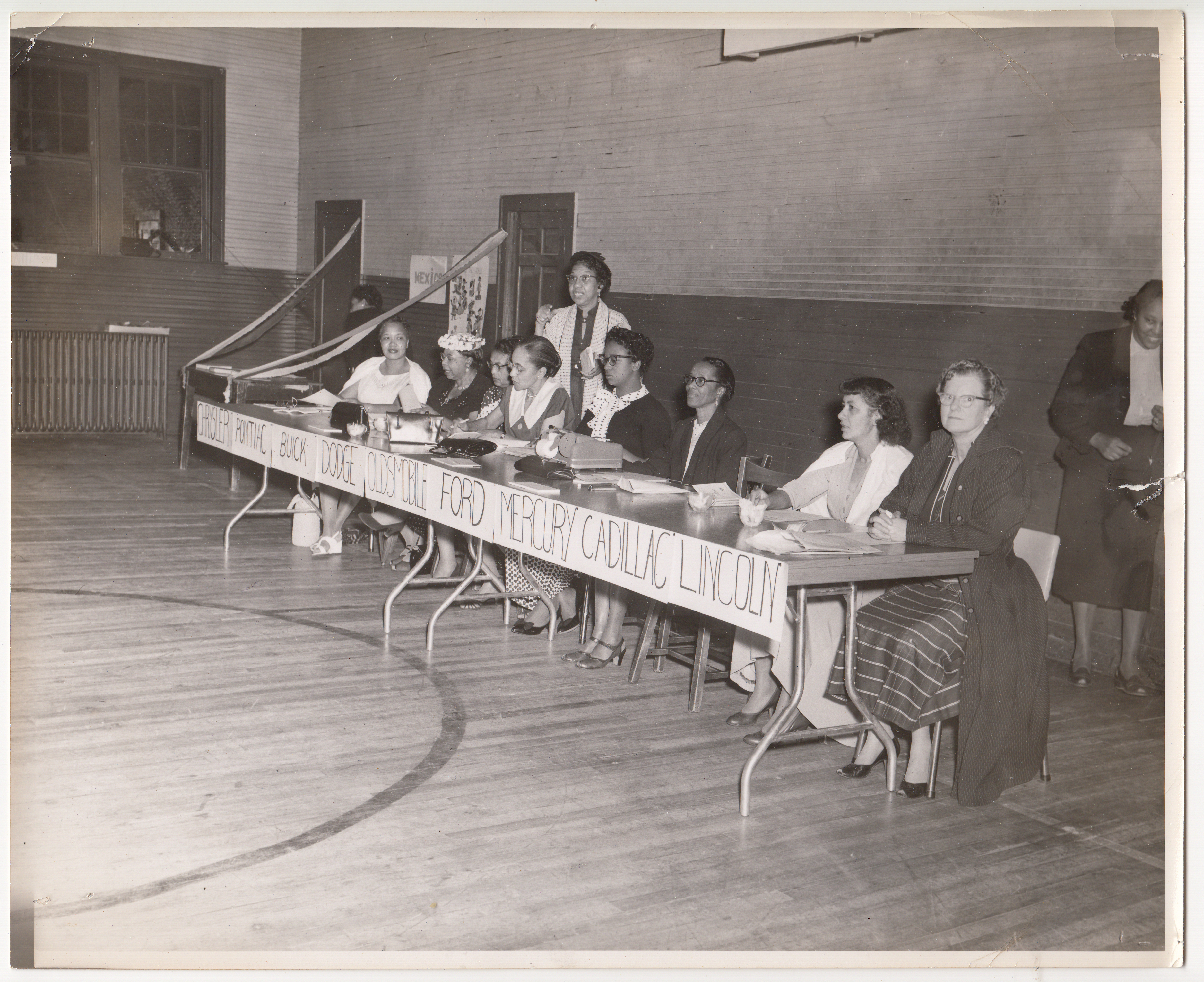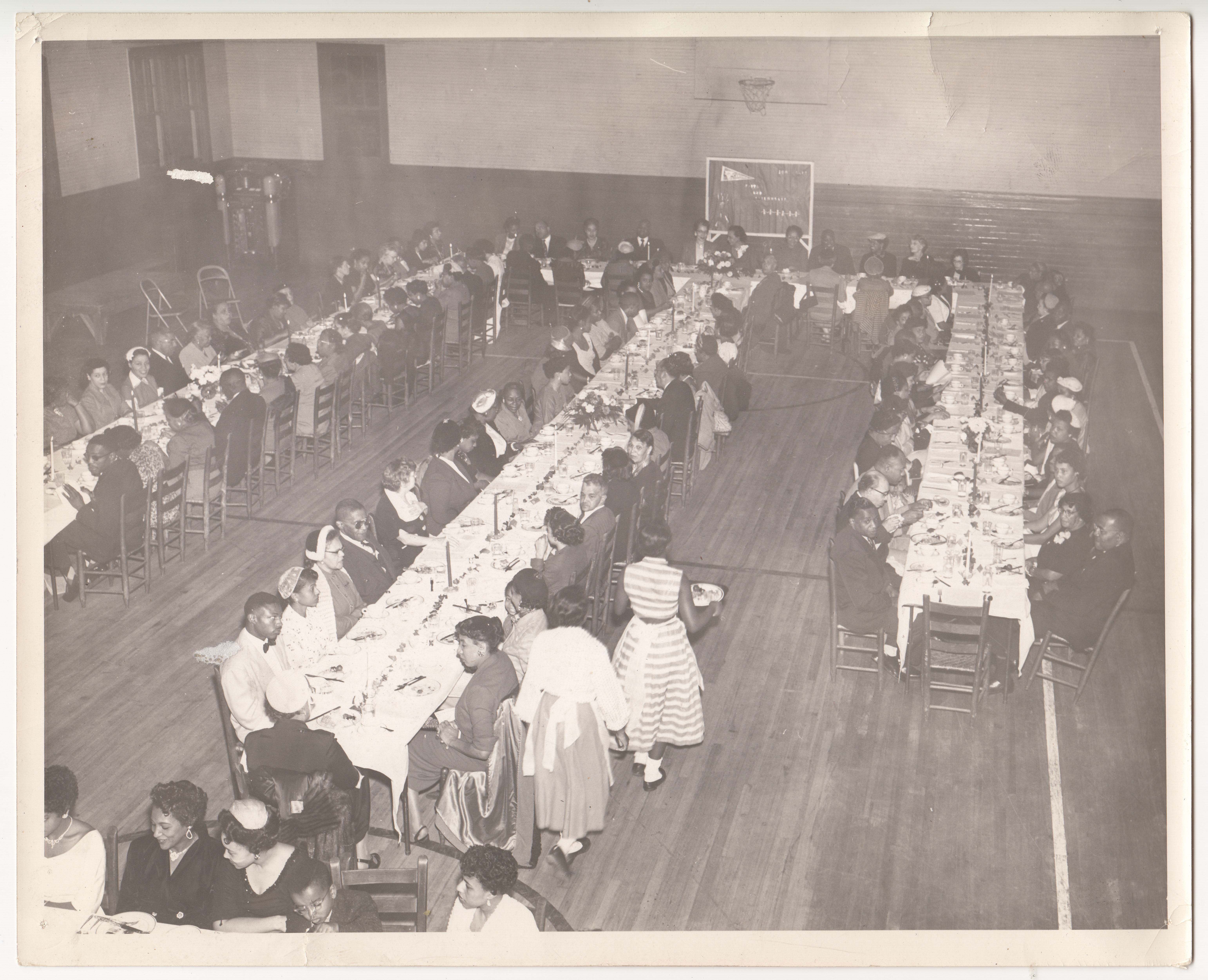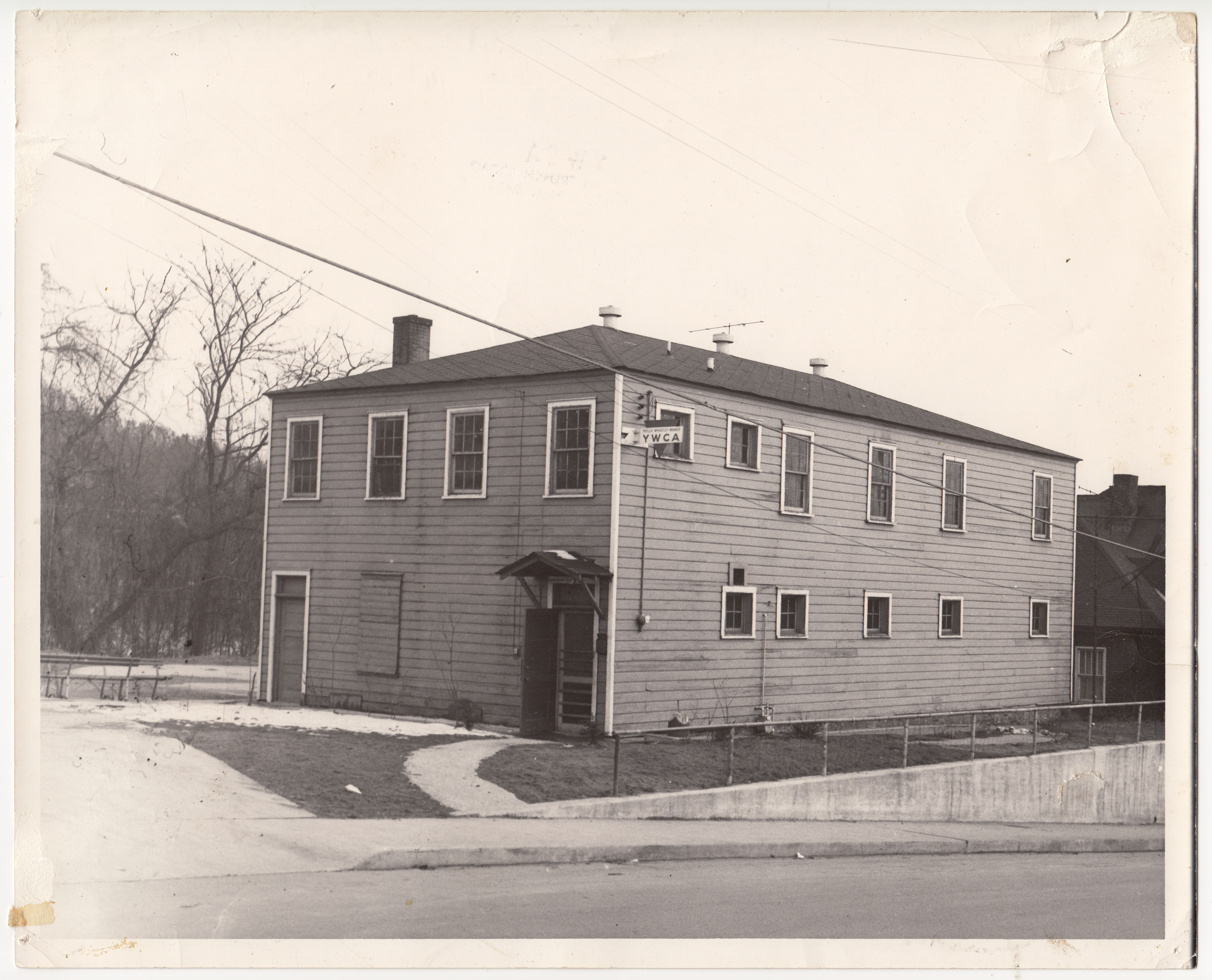Ashland Avenue YWCA
The YWCA on Ashland Avenue in Asheville was listed in the Green Book from 1960 -1967. It was listed as “Y.W.C.A.—194 Ashland Avenue.” Its previous location at 360 College Street was also listed in the Green Book in 1941, 1947-1957, and 1959-1967.1
The YWCA (Young Women’s Christian Association) played a significant role in the civic, religious, and cultural lives of Black Americans for much of the 20th century. Forty-seven YWCA locations were featured in the Green Book as community spaces that provided safe lodging for Black women traveling throughout the United States.2
The Phyllis Wheatley branch of the YWCA, established by African American women in Asheville, first opened in 1913. Its early meetings were held on the second floor of a pharmacy on Market Street. In 1916, a two-story home was purchased for the branch’s use. The YWCA allowed the United States Government to utilize this building during WWI; following the war, they sold the building and purchased a new one at 360 College Street. The College Street location opened in 1921.3
In 1938, the YWCA expanded, adding an additional residence. Following this addition, the YWCA consisted of one concrete building with four bedrooms upstairs, an office, lounge, club room, kitchen, and a separate building that held a gymnasium, hat and coat check room, and an office. Ms. Adele Ruffin, the branch’s Executive Secretary, lived at the YWCA; the rest of the upstairs bedrooms were used by women visiting from out-of-town. Up to nine women could be housed at a time; there were no other hotel accommodations for single Black women in the city.4
The College Street building was demolished in 1961 to make way for road construction. The Phyllis Wheatley Branch found a temporary home at a building formerly used as a city recreation center, located at 194 Ashland Avenue, between 1960 and 1961.5
The YWCA broke ground at its current location, 185 South French Broad Avenue, in 1962. The Phyllis Wheatley YWCA desegregated in 1968. The white YWCA closed in 1971 and moved to the Phillis Wheatley YWCA, merging the two locations. This branch of the YWCA, now called the YWCA of Asheville, is still in operation today.6
Essay by Brandie K. Ragghianti, 2022
Notes
1. Victor Green, 1941 Green Book, 35; Green, 1947 Green Book, 64; Green, 1948 Green Book, 61; Green, 1949 Green Book, 55; Green, 1950 Green Book, 61; Green, 1951 Green Book, 52; Green, 1952 Green Book, 52; Green, 1953 Green Book, 52; Green, 1954 Green Book, 52; Green, 1955 Green Book, 52; Victor Green, 1956 Green Book, 45; Green, 1957 Green Book, 46; Green, 1959 Green Book, 51; Victor Green, 1960 Green Book, 72; Green, 1961 Green Book, 62; Green, 1962 Green Book, 73; Green, 1963-1964 Green Book, 57; Green, 1966-1967 Green Book, 57.
2. African American Civil Rights Network, “Green Book Historic Context and AACRN Listing Guidance,” National Park Service, https://www.nps.gov/articles/000/green-book-historic-context-and-aacrn-…;
3. YWCA of Asheville, “Phyllis Wheatley Branch,” YWCA Asheville: A Century of Empowerment (exhibit), accessed from https://www.ywcaofasheville.org/wp-content/uploads/sites/11/3YWCA-PWhea…; “Colored People Buy a $12,000 Building,” Asheville Citizen, July 18, 1919, AB-Afro-Americans/Community/History-2 Vertical File, North Carolina Collection, Pack Memorial Library; Miller’s 1920 Asheville City Directory, 503; Miller’s 1922 Asheville City Directory, 512.
4. YWCA of Asheville, “Phyllis Wheatley Branch,” YWCA Asheville: A Century of Empowerment (exhibit), accessed from https://www.ywcaofasheville.org/wp-content/uploads/sites/11/3YWCA-PWhea…; Helen Moseley-Edington, Angels Unaware: Asheville Women of Color (Asheville: Home Press, 1996), 94.
5. YWCA of Asheville, “Phyllis Wheatley Branch,” YWCA Asheville: A Century of Empowerment (exhibit), accessed from https://www.ywcaofasheville.org/wp-content/uploads/sites/11/3YWCA-PWhea….
6. YWCA of Asheville, “Phyllis Wheatley Branch,” YWCA Asheville: A Century of Empowerment (exhibit), accessed from https://www.ywcaofasheville.org/wp-content/uploads/sites/11/3YWCA-PWhea…; YWCA of Asheville, “S. French Broad Avenue,” YWCA Asheville: A Century of Empowerment (exhibit), accessed from https://www.ywcaofasheville.org/wp-content/uploads/sites/11/4YWCA-South…. The address was not changed in the Green Book.
Did you know?
- The YWCA was listed in the Green Book at 360 College Street from 1941, 1947-1957, and in 1959. The organization was then listed at 194 Ashland Ave from 1960-1967.

